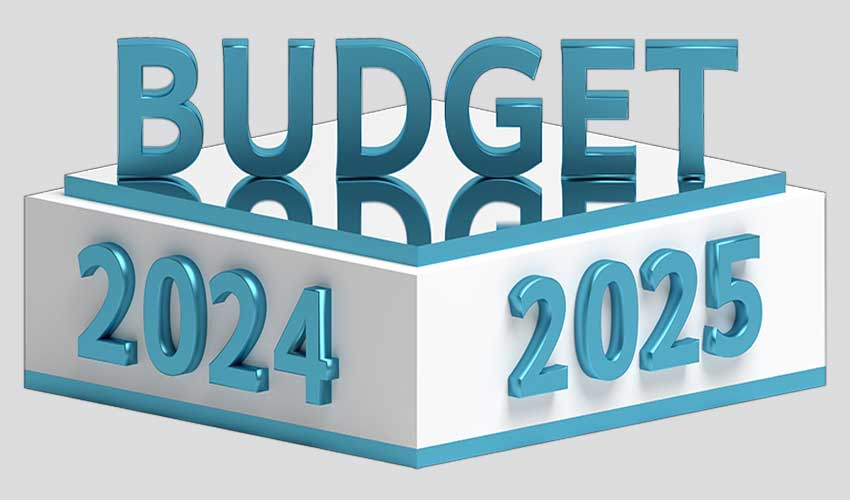As preparations for the budget 2024-25 of the new financial year are underway in Pakistan, the International Monetary Fund (IMF) has demanded the country phase out tax exemptions worth billions of rupees.
The authorities are considering the proposed phased abolition of exemptions on sales tax and income tax.
Sources familiar with the matter reveal that the budget preparations for the fiscal year 2024–25 include several significant proposals aimed at increasing revenue and streamlining taxation policies. One such proposal suggests imposing taxes on imported tractors and implementing income tax withholding on the income of commercial importers.
Also Read: IMF concerned over political uncertainty in Pakistan despite elections
The sources said that it is estimated that 1% tax on commercial importers could generate up to Rs25 billion in revenue annually.
Furthermore, there is a proposal to increase taxes on old imported vehicles, as well as levy additional tax duties to discourage the import of wheat. The Federal Board of Revenue (FBR) sources indicate that these steps are intended to enhance revenue collection and curb imports, aligning with the IMF's demands to phase out tax exemptions.
Moreover, sources suggest that tax exemptions on tractors and pesticides are likely to be abolished in the upcoming budget, contributing to an estimated total revenue increase of Rs30 billion in the coming financial year.
Also Read: No new tax amnesty, exemption in budget: Govt assures IMF
The IMF's insistence on eliminating tax exemptions reflects the international lender's focus on enhancing Pakistan's fiscal sustainability and revenue generation. These proposed measures, if implemented, could have significant implications for Pakistan's tax policies and revenue collection efforts, shaping the country's economic landscape in the years ahead.
The International Monetary Fund (IMF) has raised concerns over persistent political uncertainty in Pakistan despite the February 8 elections, emphasizing potential implications for economic reforms.
Despite the formation of a new government, the IMF highlighted challenges in implementing policy reforms amidst a complex political landscape.
Also Read: IMF to hold talks with Pakistan on new loan next week: Official
According to the IMF, the new government has pledged to uphold policies outlined in the standby arrangement. However, the IMF cautioned that complications arising from political instability, inflation, and social tensions could hinder reform implementation.
A key concern outlined in IMF documents is the fear of mounting pressure on debt and exchange rates due to delays in implementing economic policies and a decrease in external financing. The report underscores heightened pressure on banks to lend to the government in case of delay in external financing, thereby reducing financing capacity for the private sector.



























